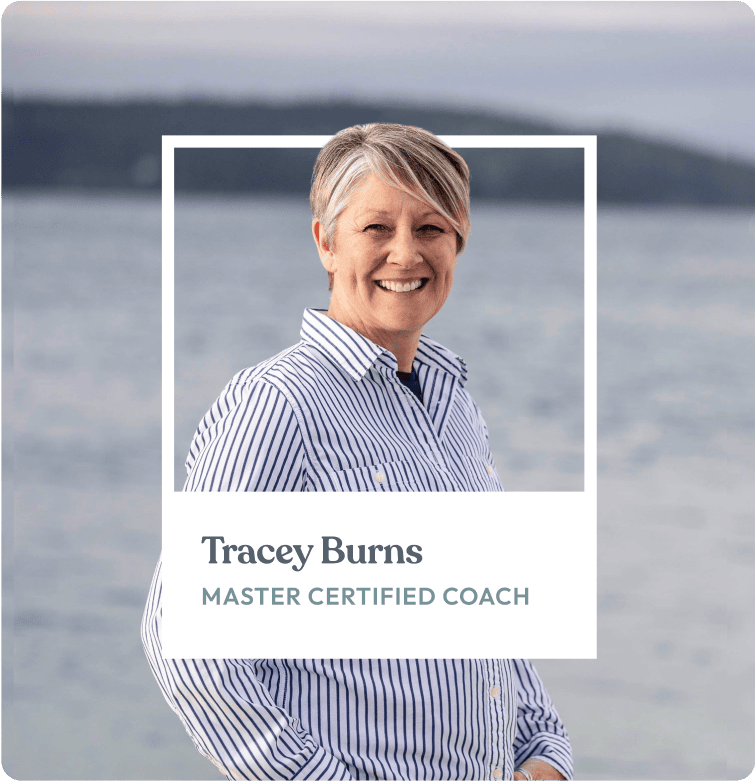A nurturing space to ensure you are "fit for purpose"
My Coaching Supervision Program has been designed with love to support the continuous growth and development of both qualifying and qualified coaches. Together we’ll meticulously review the coaching agreement, explore any psychological or physical contracts, both implicit and explicit, to ensure clarity and understanding. Through reflective dialogue, the introduction of coaching models and theories, we’ll uncover blind spots in your practice, enhance your self-awareness and effectiveness, and navigate ethical dilemmas to maintain your professional integrity in a love-based, nurturing way.


